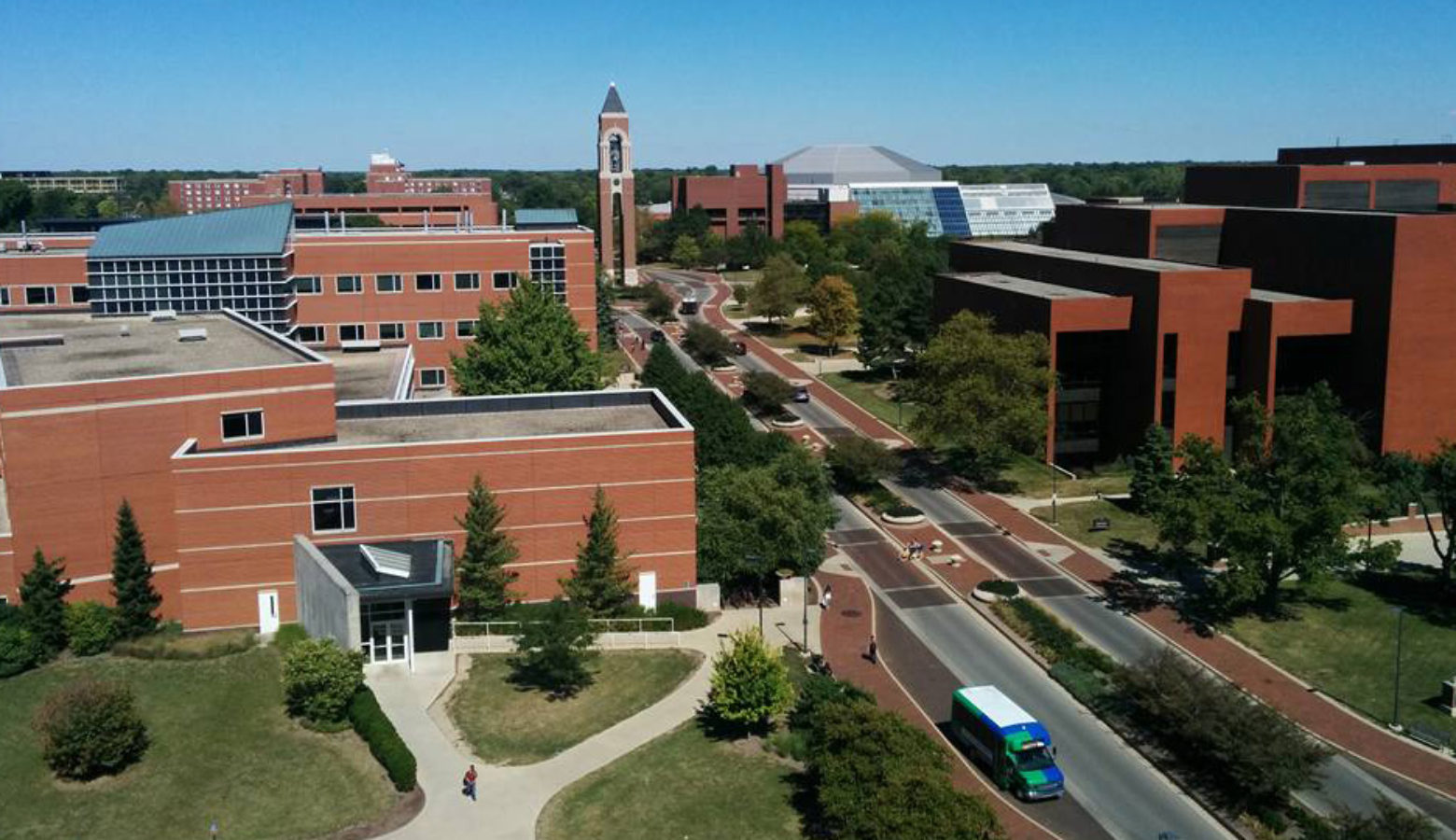Ball State Plans For Smaller Budget After Coronavirus Closures

Ball State University says it’s planning for a smaller budget next fiscal year, as the economy’s coronavirus hit could threaten its state appropriation and enrollment numbers.
President Geoffrey Mearns says the university likely won’t have to borrow money, like some other schools. But he says the Muncie campus is planning for a budget that may affect some programs and services.
“You know, our two principal revenue sources are state appropriation and tuition that we derive from our enrollment. And, in this extraordinary environment, both of those major revenue sources are at risk.”
Mearns says during the Great Recession, Ball State’s appropriation from Indiana declined by six percent. In today’s dollars, that would equal a loss of $8 million.
He also says he expects a decline in enrollment, saying that some are predicting college enrollment in the US to drop by more than 10 percent next year.
What About Classes?
Ball State has already announced summer classes will be taught entirely online.
Mearns says he hopes students can return to campus for the fall semester. But the university is considering what’s best for some bigger classes.
“Perhaps with larger classes, there may be a period of time where when we couldn’t have large number of students in one particular classroom, so maybe they’ll have to do some form of hybrid learning.”
Mearns says there are two contingency planning groups working on what the next year might look like. One is focusing on classes. The other is focusing on what he calls other obstacles, including “classrooms, labs, the library, information technology support, residence halls, dining halls, recreational facilities, and events such as conferences, concerts, shows, and athletics.”
You can hear the full interview from Morning Edition here:

